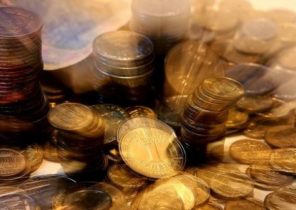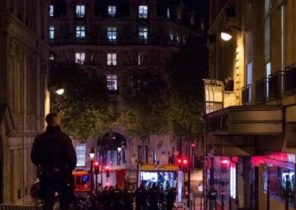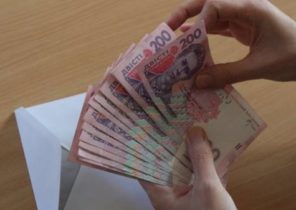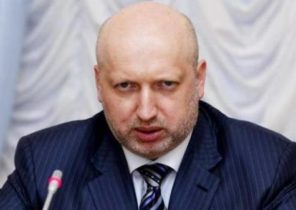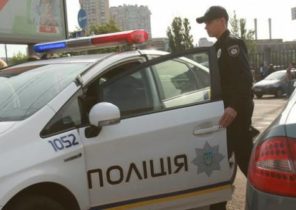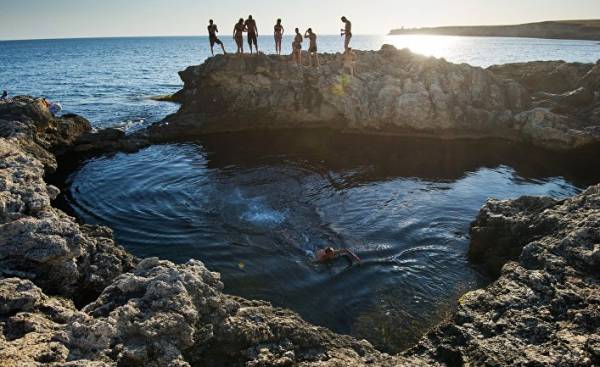
Simferopol/Sevastopol — When President Vladimir Putin recently visited the black sea Peninsula, was supposed to Shine, but the weather turned inside out.
There is nothing to wait for the sea weather, says a Russian proverb, which was fair for the guests from Moscow: “At the same moment as Vladimir Putin left the vehicle suddenly began to feel rain,” wrote the correspondent of “Kommersant”.
Maybe it’s just a sign of climate change but, in any case, the visit of the President, who in the past had a very solemn character, this time was quite cold and strict.
Putin gave a few blows to the local authorities, which, according to him, impede the fulfillment of many promises to the people.
“Last year we made the decision, and the whole year only being developed project documentation”, — Putin said about one of the many projects launched on the Peninsula, which, despite promises, remained only on paper.
If someone in Crimea remember all the good that promised to the Peninsula after the annexation in March 2014, he had to remember looking at the billboards along all major roads. They depict Putin, from whose mouth emitted a cheerful sayings about the great potential of the Peninsula.
For its part, Moscow made great efforts to stimulate economic change.
“In Ukraine the annual budget of the Peninsula was the amount corresponding to 22 billion rubles. Now the budget is 40 billion rubles. Besides, 100 billion annual subsidies for infrastructure,” says Sergei Markov, a political analyst closely associated with the Kremlin.
Penny
Three years ago the cry of “our Crimea” aroused enthusiasm everywhere — both in Russia and in the Crimea.
Hastily organized and sharply criticized the referendum in March 2014, which, according to official figures, was attended by more than 80% of the population, showed that more than 95% of respondents want to become part of Russia.
It’s hard to say what would be the outcome of such a referendum today, but nostalgia for the years spent under the rule of Ukraine, is not noticeable.
“The Ukrainians had 23 years to improve the situation, but they have not invested a penny,” says Peter Bits, a businessman from the capital of Crimea Simferopol.
At the same time during conversations with people all over the Crimea felt their disappointment with the modest pace of change on the Peninsula in the last three years.
“They say that everything will be fine in five years, but I can’t explain it to their children today,” — says Oleg Petrov, a former naval officer of the port city of Sevastopol.
“We do not believe anything that you see on TV, nor about Ukraine or about Russia”, — says Yuri, a pensioner from Simferopol, which, like some other locals, doesn’t want his name appeared in the newspaper.
Because at the same time with the merger with Russia on the Peninsula happened noticeable regression in terms of freedom of speech and democratic rights, as indicated by international organizations.
Extension of range of Western sanctions in June, also did not improve the mood in the Crimea. Among other things, the sanctions mean that the Peninsula by and large there will be no Western companies, but difficulties may arise with the use of credit cards.
Officially denied that sanctions are a particular problem, including in comparison with the so-called blockade, which was held from the Ukrainian side.
“After what we have already experienced with a water blockade, energy, food, transport, we have these sanctions — like a mosquito bite,” said Grigory Ioffe, a veteran of the political life of the Peninsula, the local news agencies.
Not all agree with that. “I do not believe that the sanctions will be lifted. We will live under them for years,” says Oleg Petrov, a former Navy officer.

